Understanding Phenol Formaldehyde Resin
Phenol formaldehyde resin, a synthetic polymer, is the result of a reaction between phenol and formaldehyde. This thermosetting plastic, often referred to as phenolic resin, has been a cornerstone in the production of composites and industrial laminates due to its robustness and adhesive qualities.
Types and Applications
There are primarily two types of phenolic resins: resoles and novolacs. Phenol formaldehyde novolac resin is a type that requires a curing agent and is commonly used in molding compounds. On the other hand, resoles, which self-cure due to the presence of excess formaldehyde, are utilized in adhesive applications. The phenol formaldehyde resin uses span across various industries, from electrical systems, where it serves as an insulator, to the automotive sector for making brake pads.
Features and Material Properties
The resin phenol formaldehyde is known for its high mechanical strength, thermal stability, and resistance to deformation under load. These properties make it an ideal choice for demanding applications. For instance, phenol formaldehyde polymer is used in the creation of circuit boards due to its electrical insulating properties.
Advantages of Phenol Formaldehyde Resin
One of the significant advantages of phenol formaldehyde is its durability. This resin withstands high temperatures and is resistant to water, chemicals, and fire, making it a reliable material in harsh environments. Additionally, phenol formaldehyde resin is commercially known as a cost-effective option for manufacturers, offering longevity and performance without a hefty price tag.
Environmental and Safety Considerations
While phenol formaldehyde offers numerous benefits, it is essential to handle it with care due to the presence of formaldehyde, a volatile organic compound. Manufacturers often explore alternatives like lignin phenol formaldehyde resin, which may offer a more sustainable profile while maintaining the resin's desirable properties.
Conclusion
In conclusion, phenol formaldehyde pf resin remains a versatile and vital material in various industrial applications. Its ability to be tailored for specific uses makes it an invaluable component in the manufacturing sector. As the industry evolves, so does the development of phenol formaldehyde resins, ensuring they continue to meet the dynamic needs of modern manufacturing.



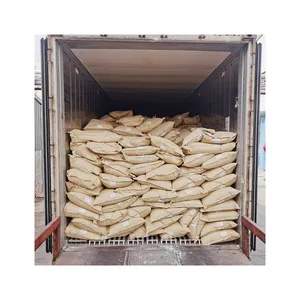




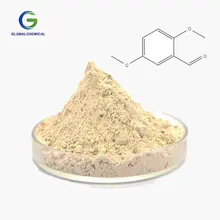




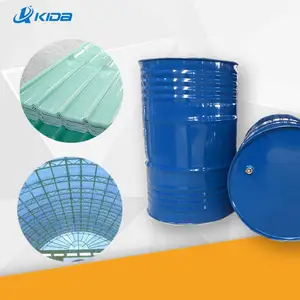

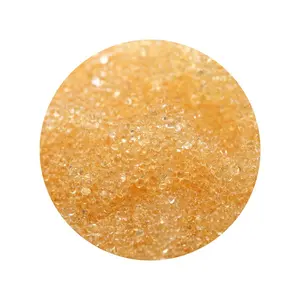
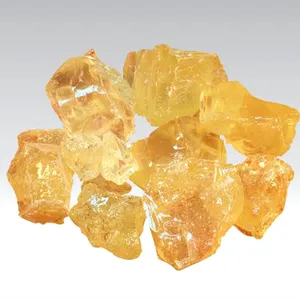

























 浙公网安备 33010002000092号
浙公网安备 33010002000092号 浙B2-20120091-4
浙B2-20120091-4